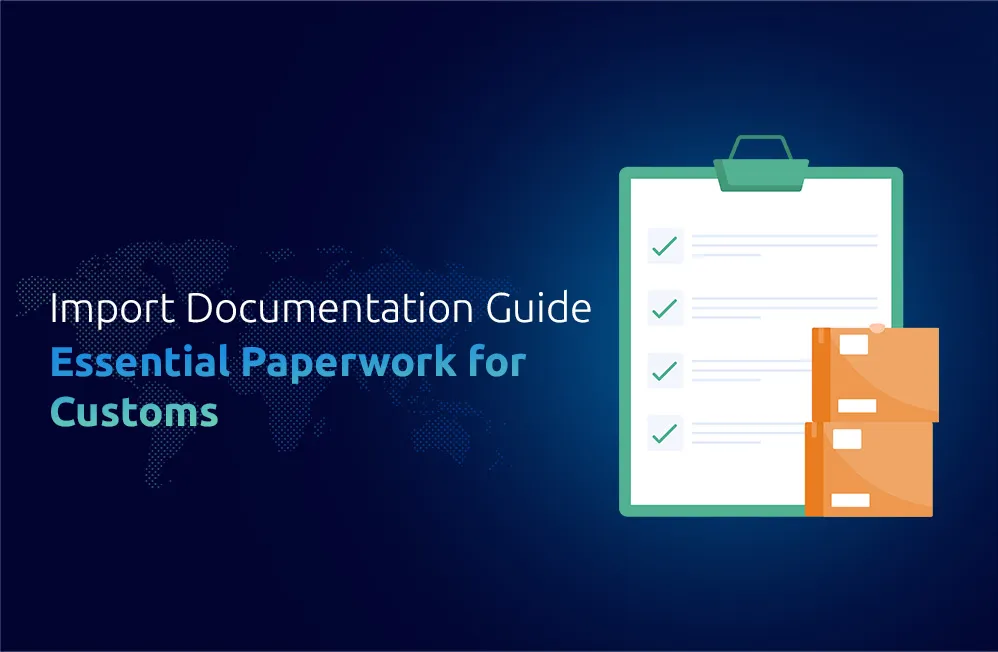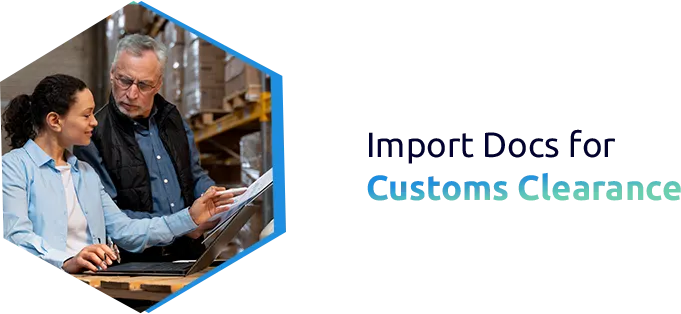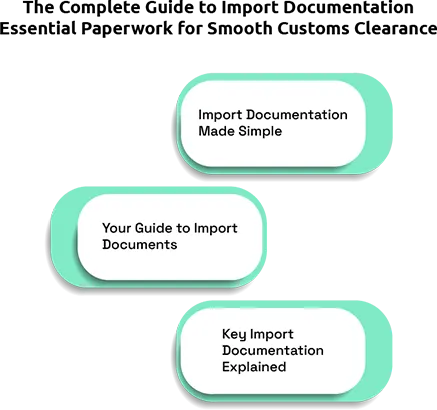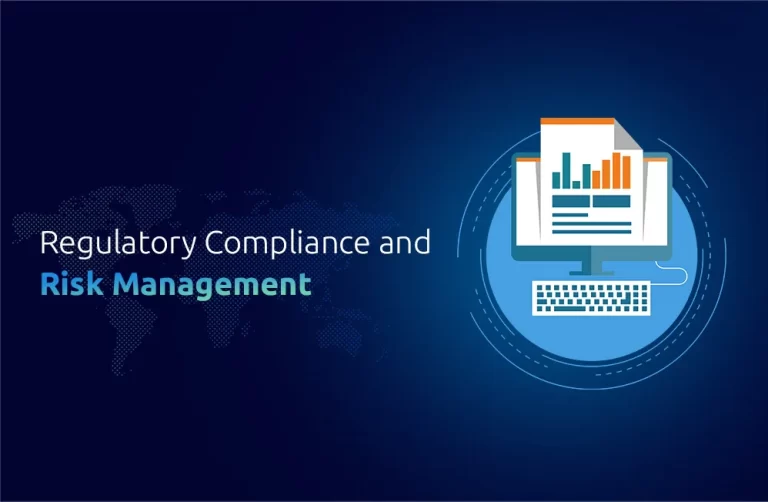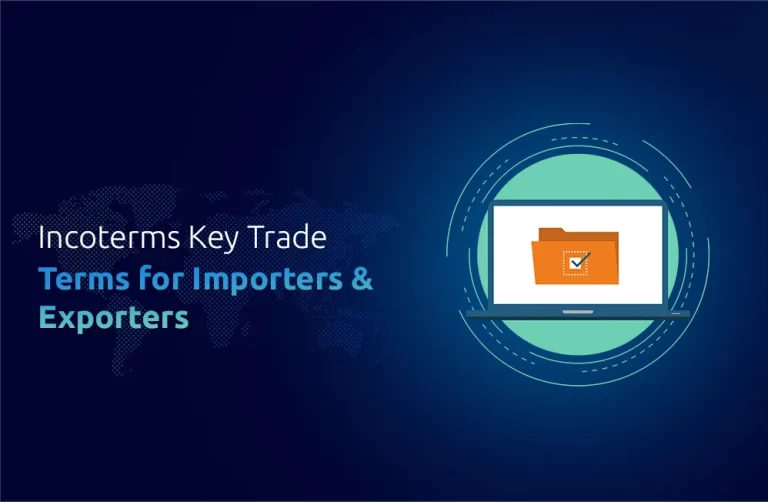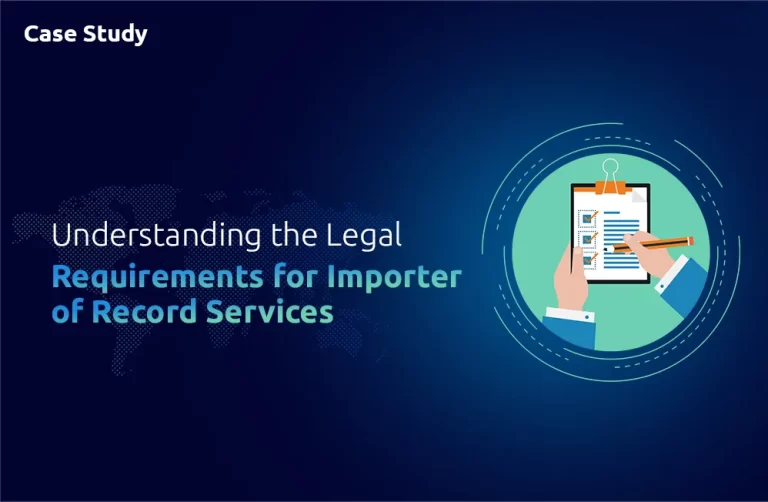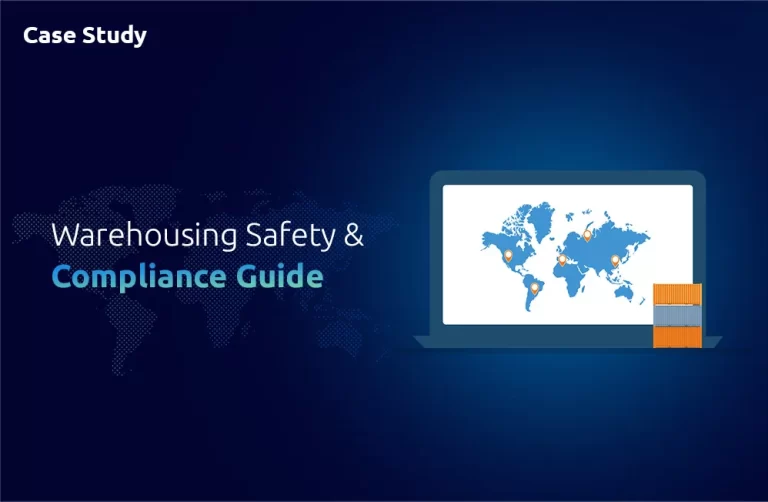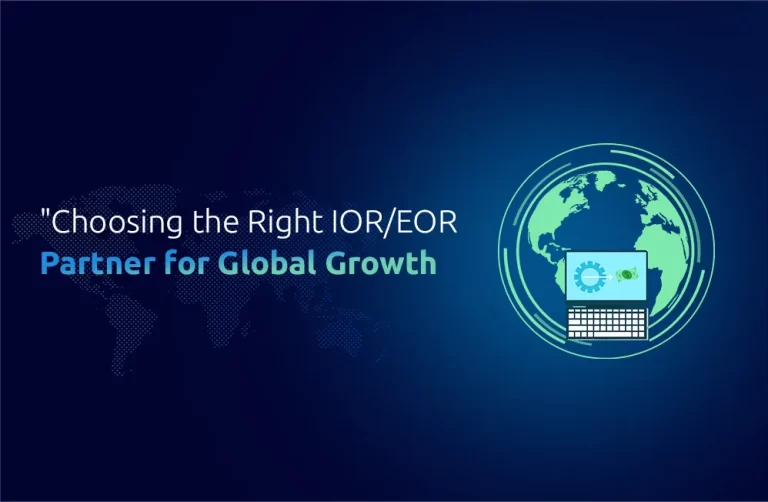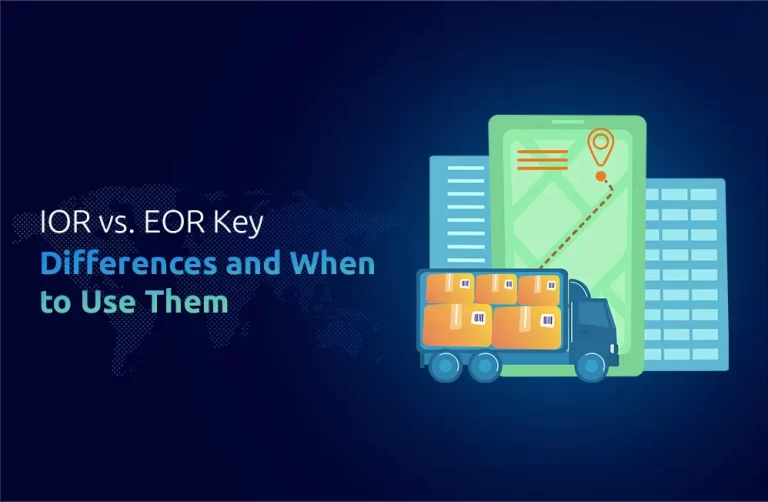Insight
The documentation required for imports determines the essential operational role in international business interactions. A shipment with perfect planning can still be delayed during customs clearance if the documentation is not precise. The import process requires full regulatory compliance to prevent penalty issues and maintain the safe delivery of goods to their designated location. Knowing about customs tariff systems and shipment terms enables clearance processing to manage the import process efficiently.
Why Import Documentation Matters in Global Trade
In global trade, documentation serves two key purposes to prove ownership and to comply with foreign trade policy regulations. The correct documentation system enables authorities to perform customs duty assessments while applying tariff harmonization codes to fulfill shipment requirements. A country bases its customs tariff system on the goods classification along with their declared value and connected taxation levels. To clear customs, importers must present particular papers to official government departments. These documents not only determine the customs duties meaning but also verify the authenticity of the shipment and its compliance with international trade rules.
Essential Documents for Import Customs Clearance
Every importer must prepare and submit key documents that form the backbone of import customs clearance. The most common documents required include:
Commercial Invoice: This is essential because it lists the merchandise worth and shipment regulations with the harmonized tariff system code. The customs tariff calculation starts from this document because it contains the essential information required to determine customs values and duties.
Bill of Lading or Airway Bill: The documentation named Bill of Lading or Airway Bill is an essential requirement for conducting customs clearance procedures. The document lists the transportation terms that define whether the shipment moved with DDP conditions or other arrangements.
Packing List: Each packing list supports invoice documents by revealing what items appear inside each shipment. Handling procedures during customs operations will be optimized with this documentation.
Import License: An import license is a requirement for customs duty clearance when specified
under the foreign trade policies of destination countries.
Certificate of Origin: The Certificate of Origin demonstrates where the products were manufactured, and this document affects the customs duties that international trade agreements specify.
Insurance Certificate: Insurance authorities need proof of coverage to validate that shipping terms include damage protection during transportation.
Customs Clearance Process: How It Works
Import customs clearance begins with the submission of the documents to the customs department. The importer or their appointed import customs broker handles the process, ensuring all requirements are met. Customs authorities review the documents, verify compliance with regulations, & assess the applicable customs tariff.
The importer gets approval to proceed by paying required customs duties and taxes, resulting in goods clearance. During import customs clearance, customs officials physically inspect goods to validate compliance standards.
Key Shipment Terms Every Importer Should Know
The responsibilities of sellers and buyers during shipment transit are specified through terms including Delivered Duty Paid / DDP and Free on Board. Partakers under DDP must bear all customs duties until the seller completes customs clearance of the shipment before delivery. Learning these shipping terms is essential for traders to prevent misunderstandings, which could result in additional fees when conducting international deals.
Role of Import Customs Brokers in Clearance
An import customs broker is a licensed professional who assists importers in managing their import documentation and customs clearance procedures. They ensure all documents meet the requirements of the customs tariff regulations and assist in the filing process. Their expertise can be vital when navigating complex customs clearance services.
Compliance with Regulations and Tariffs
Trade compliance in a global setting requires roles that go beyond administrative functions. Importers must keep up to date on their target market’s trade policy and any requirements surrounding their country’s customs tariff structures, including customs duty obligations. Companies that do not comply face costly penalties, shipping delays, and reputational damage to their businesses. Harmonized tariff codes are used by authorities to classify products so they can assign the appropriate customs duty clearance. Proper product classification by importers will enable them to avoid delays in customs clearance operations.
Challenges in Import Customs Clearance
Import customs clearance can face challenges such as:
Misclassification of goods leading to incorrect customs duties.
Missing / Incomplete documentation that slows down customs clearance processing.
Importers must have all their paperwork in order & submitted on time to prevent customs clearance in progress delays.
Guidelines for Importers to Guarantee Seamless Customs Clearance
This preparation is the key to successful customs clearance. Importers must create a checklist of essential documents & inquire from an experienced import customs broker whenever needed. It is also vital to keep updated with changes in the foreign trade policy and harmonized tariff codes of the destination country. Customs clearance services provided by professionals can help avoid costly errors and ensure the entire customs clearance complete process runs smoothly.
Conclusion
All global trade operations depend on accurate documentation for their success. Accurate preparation and following paperwork regulations are crucial factors in determining the success of customs clearance for shipments. We at One Union Solutions provide specific import customs clearance services because they help your shipments pass all regulations to achieve effortless shipping and operational success.
Did You Know?
According to recent government data from the International Trade Center, customs clearance in progress delays account for nearly 30% of shipment holdups globally. In India, for example, the Central Board of Indirect Taxes and Customs (CBIC) has launched initiatives to digitize the customs clearance completion process, reducing average clearance time from 8 days to just 2-3 days in major ports
FAQs
1. How do customs duties function within the framework of international trade?
Ans: The government imposes customs duties as taxes on every imported good. The value of customs duties is determined by applying customs tariffs and harmonized tariff codes specific to each product.
2. Under shipment terms, what exactly does Delivered Duty Paid (DDP) mean?
Ans: Under Delivered Duty Paid terms, the seller must deliver goods to the buyer following customs clearance and complete payment of all taxation requirements.
3. How does a delay in customs clearance procedures affect the process?
Ans: The extended customs clearance time activates storage fees alongside penalties that harm the existing supply chain operational timetables.
4. Which services provide import customs brokers to aid foreign trade operations?
Ans: Import customs brokers help companies prepare import documentation using the correct customs tariff arrangement to secure proper customs clearance through regulatory compliance.
5. What are the essential reasons behind adhering to regulations throughout import customs clearance processes?
Ans: The adherence to foreign trade policies of importing nations enables penalty-free sheltered shipment clearance while establishing credibility in global trade processes.

